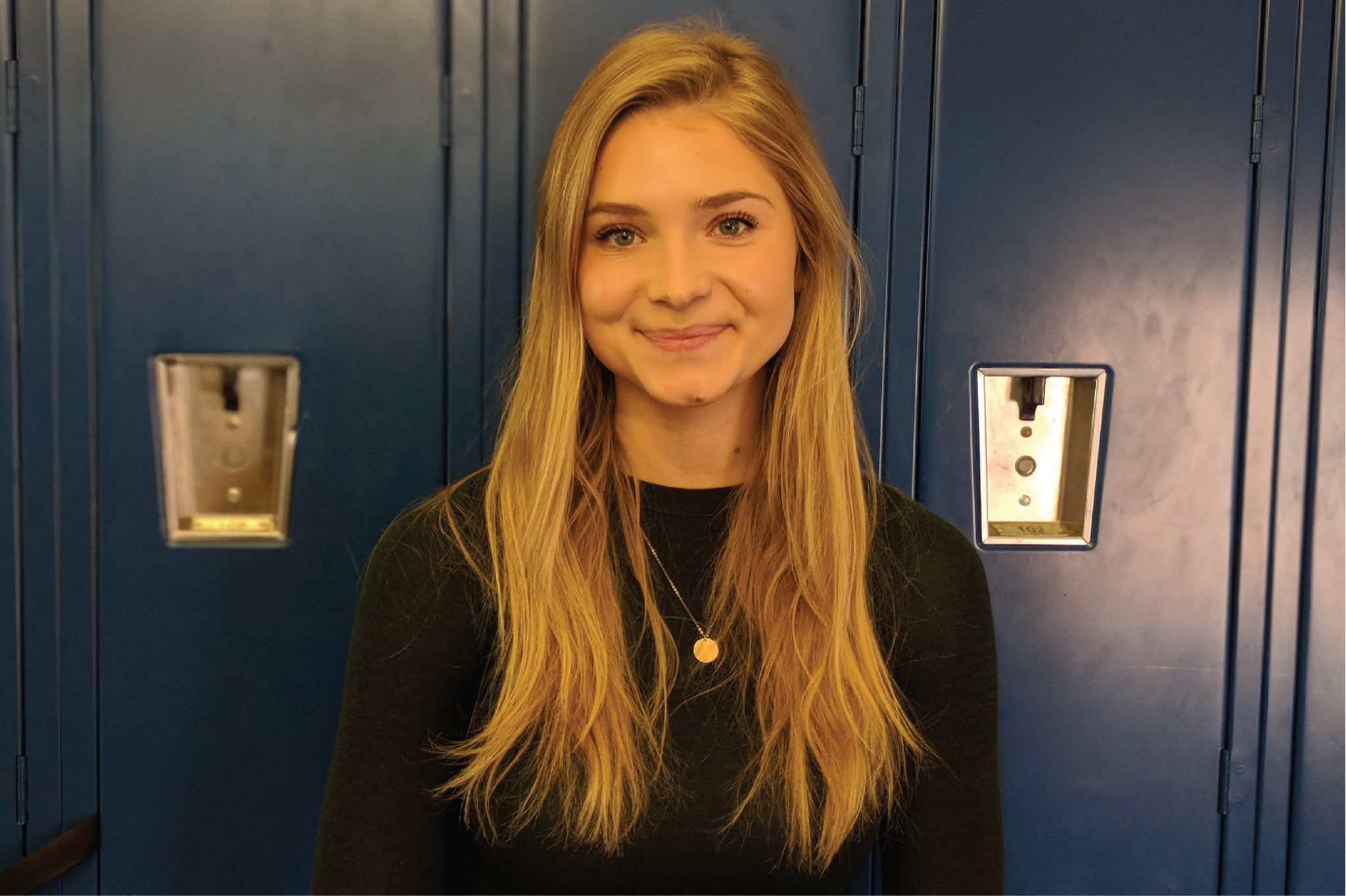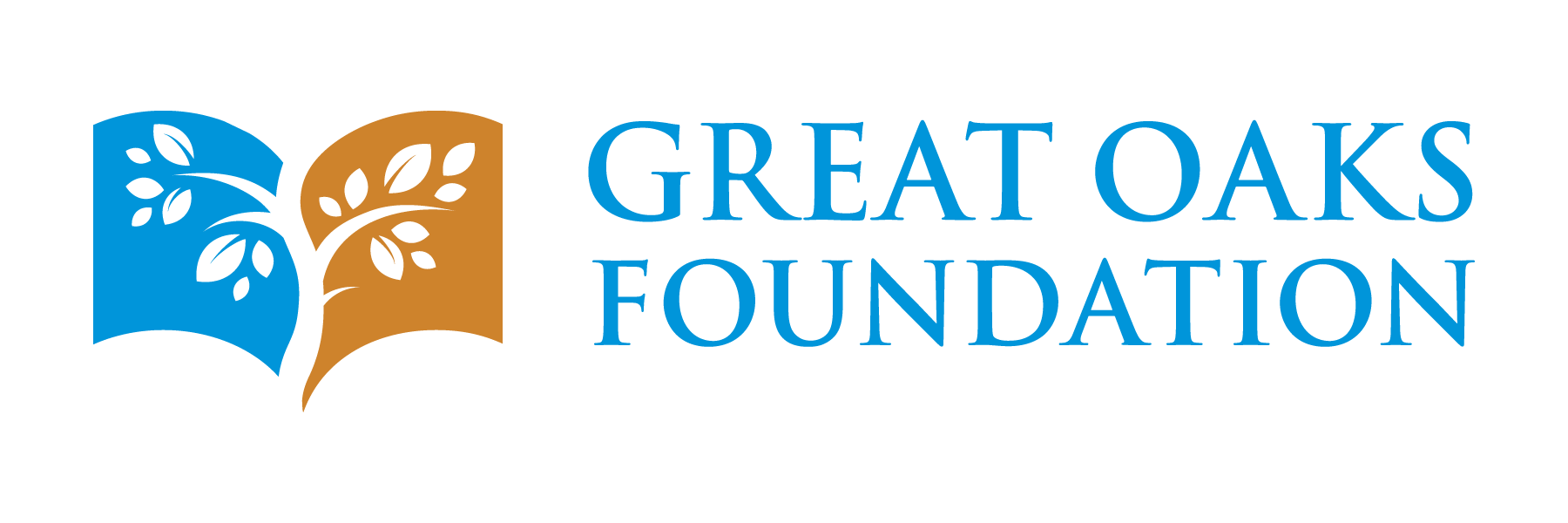
What did you study in school? Why?
In college, I majored in Human Evolutionary Biology. I am absolutely fascinated by how the human body works and approaching this study through an evolutionary lens helped me to also learn about why our body works in the way it does and why we are suffering from chronic diseases.
What made you commit to a year of service?
I realized how self-focused I have been my whole life and decided that this year was a perfect opportunity to give back to society since I was finally an educated citizen with a college degree. Additionally, I was on the lookout for ways to develop the skill of patience. This is why I chose to serve in a way that worked with children, specifically teaching.
Is this different from your own educational experience growing up?
I attended a NYC public elementary, middle, and high school. My educational experience followed a very traditional model where I was taught in a classroom setting my whole life. I never had mentors working with me in a more individualized setting during the academic day assisting me.
How would this model have helped you?
It would have been extremely beneficial to have a mentor by my side in middle school to help me if I didn’t understand a particular problem or unit in mathematics. Teachers do not always have enough time to dedicate to each student’s individualized needs and concern areas during class. This is where mentors come in and help to fill in the gaps in students personal retention of material.
What past experiences helped prepare you for this role?
None in fact. I have never served or held a “teaching” role in my lifetime. This is why I choose this experience to develop the skills that come along with service and teaching.
What keeps you motivated day in and day out?
Witnessing the spark in students when they begin to understand a concept they previously didn’t… Being part of the equation that changes their vocabulary from “ I don’t know how to do this,” to “This is easy, I got this!”
What events/interactions have inspired you this year?
Seeing some of my students take ownership over their education has been particularly inspiring. I think that one of the most difficult parts of this year have been thinking that you care more about a students education then they do themselves. When a student does not want to learn it makes your job impossible. However, I have witnessed a few of my students start to change their perspective on this and want to learn. As a result, they are the ones leading themselves to success.
What are your plans post AmeriCorps?
I am on my way to medical school in July, to the University of Michigan Medical School. I am incredibly excited to begin the long journey ahead of me towards becoming a physician.
How would you like to see the Fellowship model grow?
I think it would be beneficial to have the Fellowship model be applied to more subject areas, not just math and English language arts.

